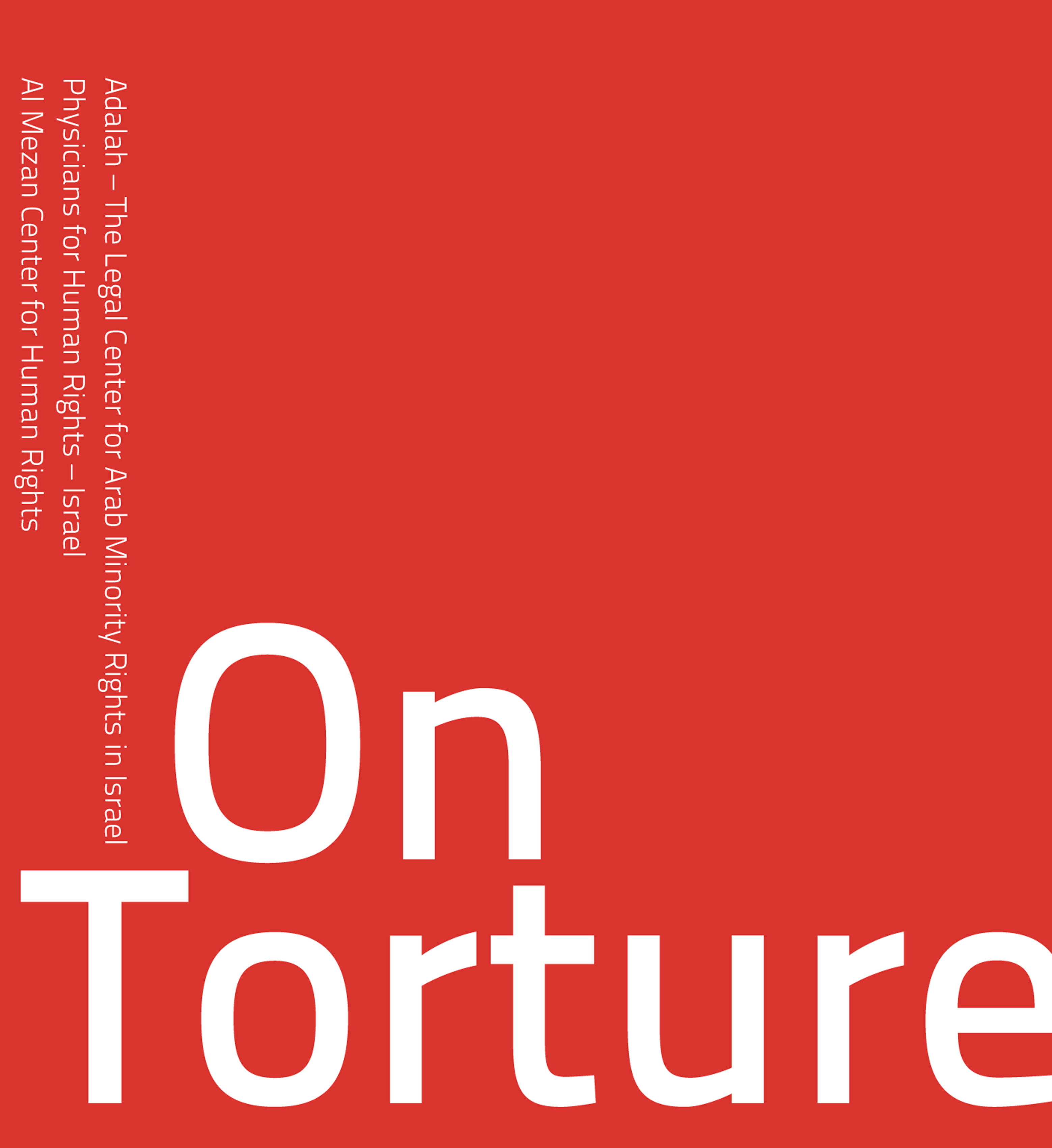Israeli and Palestinian Human Rights NGOs Submit Report to UN on Israel’s Practices of Torture and Ill-Treatment of Palestinian Prisoners

The Public Committee Against Torture in Israel (PCATI), Adalah, Al Mezan Centre for Human Rights, and Physicians for Human Rights-Israel (PHR-I) submitted a briefing paper to the UN Human Rights Committee (HRC) to assist in the preparation of its “List of Issues” for the State of Israel. The HRC monitors the compliance of states with the International Covenant on Civil and Political Rights (ICCPR). Israel ratified the ICCPR in 1991, and the HRC last reviewed Israel and issued its concluding observations in July 2010.
The human rights organizations’ briefing report described Israel’s practices of torture and ill-treatment, including:
- Israel’s legal classification of torture in “ticking time-bomb” situations as a “lesser evil,” which allow torturers to use the “defence of necessity”, in violation of the ICCPR.
- Illegal shackling, prolonged solitary confinement and confinement during interrogation, inhumane prison conditions, and severe restrictions on “security prisoners.”
- Over 700 complaints of torture and other ill-treatment against the GSS (General Security Service, Shabak) interrogators filed between 2001-2011, according to data provided to PCATI by the Ministry of Justice. All of the complaints were dismissed; no criminal prosecutions have been initiated to date, thus creating a state of perpetual impunity.
- Punishment of hunger strikers, including placing leaders of the movement in solitary confinement, fining prisoners daily up to NIS 500, confiscating salt, imposing blackouts, conducting invasive, brutally violent cell searches, and creating illegal obstacles for hunger strikers to meet with their lawyers.
- Cruel and degrading treatment of Palestinian civilians in Gaza including illegal closure of borders to movement and trade; harassment and arrest of fishermen, who are often shot at with water cannons or live ammunition and have their boats seized by the Israeli navy even from within the three-nautical mile zone imposed since 2009; denial of medical access for those requiring treatment outside of Gaza; and continued impunity for Operation Cast Lead.
The briefing paper included a list of 28 recommendations for the HRC to call on Israel to adopt in order to comply with the Convention, which included: removing its reservation on Article 9, which forbids arbitrary arrest or detention; instituting audio/video recording interrogations of security suspects; refraining from trying children in military courts; and guaranteeing fair, independent medical doctors for prisoners, especially those on hunger strike.












